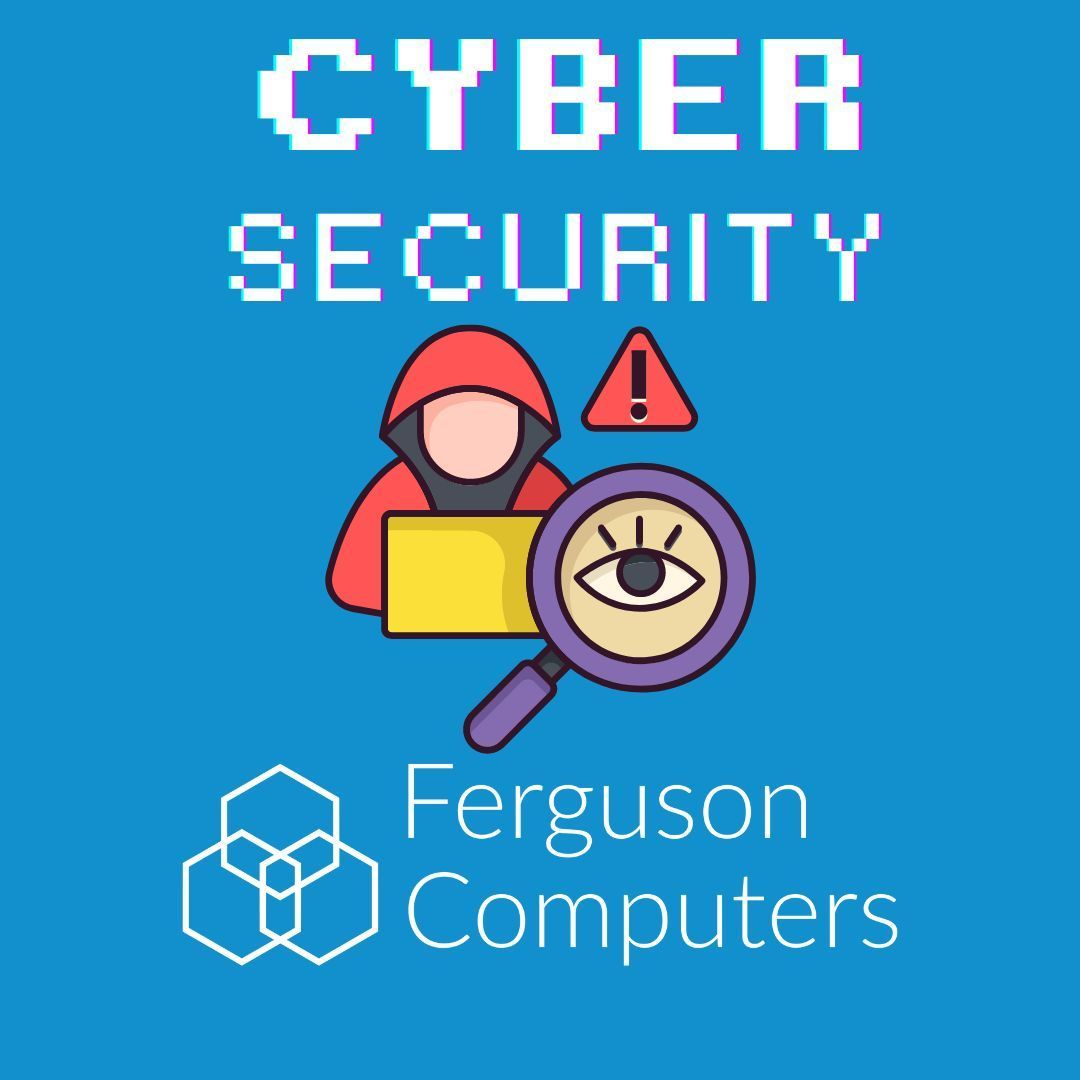5 Cybersecurity Steps for 2024
5 Cybersecurity Steps All Small Business should take in 2024
For a computing business aiming to enhance its cybersecurity posture in 2024, implementing robust measures is crucial. Cyber threats are constantly evolving, and small businesses are increasingly becoming targets due to their often less sophisticated defences. Here are five essential cybersecurity steps every small business should take in 2024:
1. Implement Multi-Factor Authentication (MFA)
Multi-Factor Authentication (MFA) adds an extra layer of security by requiring users to provide multiple forms of identification before accessing systems. This typically involves something the user knows (a password), something the user has (a smartphone or hardware token), or something the user is (biometrics). Implementing MFA significantly reduces the risk of unauthorised access, even if passwords are compromised.
2. Conduct Regular Security Audits and Risk Assessments
Regular security audits and risk assessments help identify vulnerabilities in your business’s IT infrastructure. These assessments should be conducted by cybersecurity professionals who can pinpoint potential weaknesses, recommend improvements, and help prioritise actions based on risk levels. In 2024, businesses should also consider adopting automated tools that continuously monitor and assess risks in real-time.
3. Adopt Advanced Endpoint Protection
Endpoint devices, such as laptops, desktops, and mobile devices, are common entry points for cyberattacks. Investing in advanced endpoint protection solutions, including antivirus software, firewalls, and behaviour-based detection, is essential. These tools can detect and block malicious activities, prevent data breaches, and mitigate the effects of ransomware attacks.
4. Implement Regular Data Backups and Disaster Recovery Plans
Data loss due to cyberattacks, such as ransomware, can cripple a business. Regularly backing up critical data ensures that your business can quickly recover in the event of an attack. In 2024, it’s important to ensure backups are stored in secure, offsite locations and that your disaster recovery plans are up-to-date and tested frequently to minimise downtime.
5. Train Employees on Cybersecurity Best Practices
Employees are often the weakest link in cybersecurity. Providing regular training on cybersecurity best practices is crucial for minimising human error. This training should cover topics like phishing awareness, password management, and safe internet usage. In 2024, consider implementing simulated phishing attacks and other interactive training methods to keep employees vigilant and well-informed.
Conclusion
By taking these five steps—implementing MFA, conducting regular audits, adopting advanced endpoint protection, backing up data regularly, and training employees—small businesses can significantly enhance their cybersecurity defences in 2024. As cyber threats continue to evolve, staying proactive and vigilant will be key to protecting your business from potential attacks.











